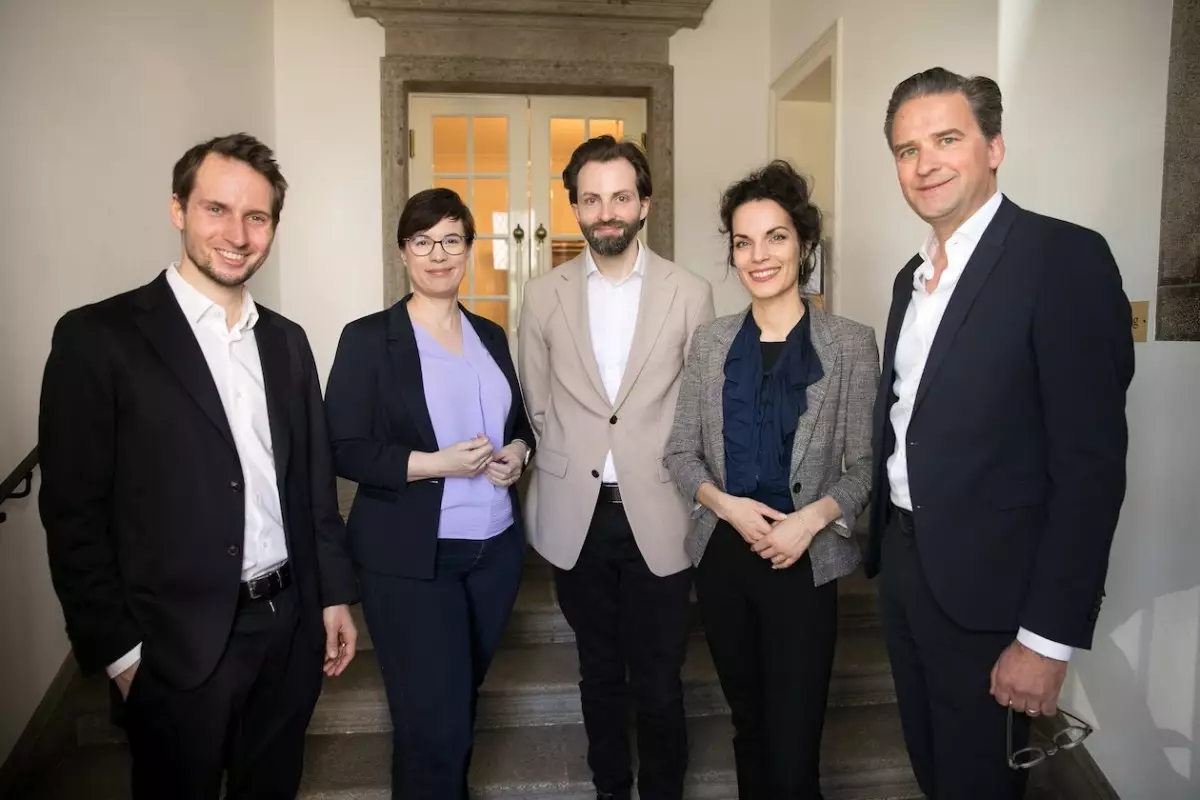In an era where technology often outpaces our understanding of privacy, the journey of Noxtua, previously known as Xayn, provides an enlightening narrative on the growing intersection of artificial intelligence and legal compliance. Originating in 2020 as a privacy-centric startup focusing on smartphones, Xayn has swiftly transformed its mission to carve a niche in the legal sector, demonstrating the adaptability and foresight necessary in today’s rapidly changing technological landscape. The rebrand to Noxtua isn’t merely a cosmetic change; it reflects a strategic pivot driven by the pressing need for sovereign AI solutions in a realm governed by rigorous legal standards.
The company’s recent achievement in securing a substantial Series B funding round—$92.2 million, spearheaded by C.H. Beck, a heavyweight in the German legal publishing landscape—marks a significant milestone. This relationship is not incidental; the access to Beck’s repository, replete with over 55 million legal documents, positions Noxtua at the forefront of legal technology innovation. The pivotal nature of this partnership cannot be overstated, as it grants Noxtua a powerful tool to address the unique challenges and complexities inherent in the German legal system.
The Importance of Sovereignty in AI
Noxtua’s commitment to running its AI solutions entirely on German soil encapsulates the broader discourse on data sovereignty—especially pertinent in the context of today’s geopolitical tensions. With increasing caution towards using American-based infrastructures for critical services, Noxtua has partnered with Northern Data Group to assure clients that their data remains secured and compliant within national borders. This move is more than just a business decision; it underscores an essential shift in how legal entities should approach AI, with a focus on ensuring that technology aligns not only with local laws but also with cultural nuances and legal frameworks.
Dr. Leif-Nissen Lundbæk, the company’s co-founder and CEO, articulates a pressing concern—many existing AI models struggle to achieve the level of accuracy required when shifted into different legal spheres. The failure of American models in the context of German law signals a vital awareness of the potential pitfalls of one-size-fits-all technology implementations. By crafting a legal AI trained specifically on pertinent contracts and laws, Noxtua aims to break away from the shortcomings of generic models that cannot accommodate the intricacies of particular jurisdictions.
Revolutionizing Legal Research and Drafting
The core promise of Beck-Noxtua lies in its ability to streamline and enhance legal research and document drafting processes. With law firms handling an overwhelming amount of data every day, having a specialized AI that can navigate through legal arguments and frameworks is poised to revolutionize workflows. The potential to draft, analyze, and substantiate legal documents while ensuring compliance opens the door to increased efficiency and reduced operational costs for legal practices.
This innovation stands in stark contrast to existing methodologies, highlighting a growing trend of using technology to augment human decision-making, rather than replace it. Interestingly, Noxtua’s foundation in academic rigor—stemming from research at Oxford and Imperial College London—establishes it as a beacon of credibility and integrity in AI development. Companies in the legal sphere often grapple with the balance of technological advancement and maintaining ethical standards, and Noxtua’s focus on this duality is commendable.
The Road Ahead for Legal AI
As Noxtua continues its ascent within the legal tech landscape, the implications of its technology reach far beyond mere efficiency. In a world where legal compliance is critical, the integration of AI solutions that comprehend and cater to specific legal contexts emerges as an antidote to inefficiency and misinterpretation rampant within traditional frameworks. However, as with any technological innovation, the journey won’t be devoid of challenges.
Ongoing concerns regarding bias, transparency, and the ethical implications of AI in legal contexts will require Noxtua to remain vigilant. It’s imperative for the company to not only deliver unparalleled accuracy and compliance but also to cultivate a culture of accountability. Clients and stakeholders must remain assured that advancements in AI do not come at the expense of justice and fairness—principles that lie at the heart of the legal profession.
In its quest to redefine legal processes through innovative AI technology, Noxtua symbolizes a transformative shift in not only how law firms operate, but also how they redefine their relationship with technology in pursuit of excellence and integrity in legal practices.

